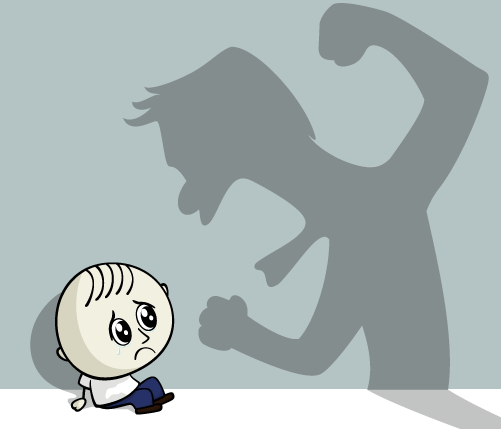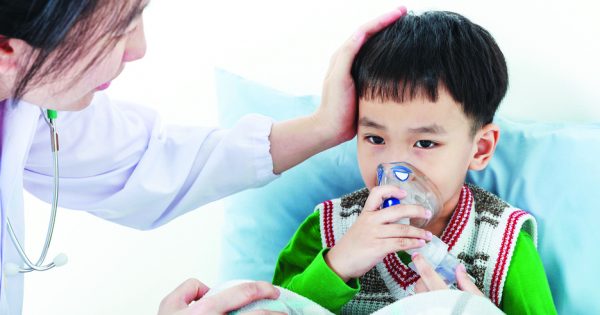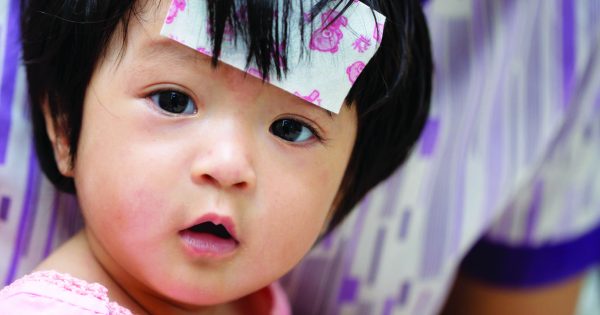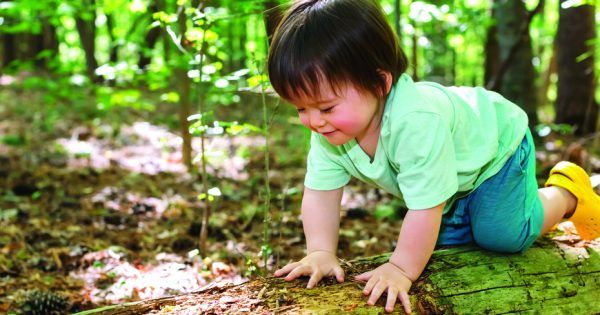The World Health Organisation lists violence as a major human concern. We know from studies such as the United Nations Report on Violence against Children that children face violence within the community in a variety of settings, including their homes and at school. This exposes them to physical danger, injury, as well as psychological harm. There is growing evidence from research such as the ACE (Adverse Childhood Experiences) study that exposure to trauma in childhood increases the risk of smoking, obesity, depression, addiction, heart or lung diseases and cancer in adulthood. To improve the wellbeing of children as well as the overall health of the community, it is important to address the problem of child abuse.
Protecting children from violence requires participation from everyone within the community. Children should receive the best care and protection from their own families. Parents have an important role in providing children with basic needs, nurturing them, guiding them as well as protecting them from harm.
Raising children is a challenging task. Sometimes adults may act inappropriately in a way that harms children. This could happen due to ignorance, stress, unrealistic expectations or inability to control their own behaviour. The problem may be hidden because children have difficulty speaking up and adults may not wish to reveal the problem.
Physical abuse
Any child with bruises, cuts, burns or fractures without a reasonable explanation may be experiencing physical abuse, especially when they are found to have multiple injuries on repeated occasions.
It is important to recognize that the following actions are abusive and should never be considered acceptable ways to discipline a child:
- Any beating that causes injury with bruises and bleeding
- Hitting babies or toddlers who are too young to understand what is right and wrong
- Kicking and punching
- Shoving a child against something hard or pushing him until he falls down
- Bending or twisting a child’s arms or legs
- Applying hot objects, hot liquids or applying other substances that cause burns or scalds, e.g. rubbing chilli on the skin, lips or mouth
- Hitting a child during a quarrel with someone else
- Hitting a child out of anger or frustration over a matter that does not concern him
- Punishing a child due to unreasonable expectations, e.g. hitting a two-year-old for wetting his pants
- Hitting a child while under the influence of drugs or alcohol
- Depriving a child of food, drink or making him stand outside in the sun or rain
- Locking a child within a confined space
- Pulling a child by the hair
Fragile ! Handle with care…
Young babies require the most care and attention. Sometimes, episodes of nonstop crying may stretch the patience of parents and caregivers. In such situations, it is important to contact a family member or friend to get support and stay calm. Never shake, punch or hit babies to stop them from crying. These actions are very dangerous. They can cause severe head injuries, bleeding in the eyes and other internal injuries that may endanger their life.
If you have difficulty controlling the behaviour of your child, ask a family member or friend for support and seek professional help.
Emotional abuse
Emotional abuse happens when there is repeated negative interaction between a parent/caregiver and a child. This can cause children to suffer from insecurity, poor self-esteem and result in psychological as well as behavioural problems.
Examples of emotional abuse:
- Repeatedly scolding and criticizing a child without any positive encouragement
- Constant comparison with others who are “better” or “smarter”
- Repeatedly ignoring a child and depriving him of love and attention
- Excluding a child from treats and presents given to other children
- Using negative labels to address children such as “useless” or “stupid”
- Allowing a child to witness frightening scenes, e.g. violent arguments between adults
Children learn by imitation. Parents, teachers and adults who care for children should lead by example by becoming positive role models. Children who receive regular encouragement to develop talents and receive positive feedback for things that they have done correctly, will grow into confident adults with good self-esteem.
Sexual abuse
Never ignore a child who tells you that someone has touched his private parts. It is unusual for young children to make such statements without some kind of direct experience. Explain to him that he has a right to say “No!” if someone asks him to do something or touches him in a way that makes him uncomfortable. Be aware that sexual abuse is a problem that affects both boys and girls.
Encourage your children to approach you if they have any problems, and always be prepared to listen. Children become reluctant or afraid to speak up if they feel that parents and teachers are not willing to listen. They may also be frightened if the abuser has threatened them or told them that no one would believe their story. Stand up for your child. Assure him that you will protect him from anyone who tries to hurt him. Do seek professional help if you have any concerns that your child may have been sexually abused.
Warning signs of possible sexual abuse:
- Pain, bleeding or discharge around the private parts or staining of undergarments
- Sexual behaviour towards others
- Sudden rebellious or aggressive behaviour
- Smoking, taking drugs or alcohol
- Appearing sad, depressed, withdrawn or suicidal
- Pregnancy
- Playing truant and running away
- Difficulty sleeping, having recurrent nightmares and poor appetite
Neglect
Neglect occurs when a child’s family fails to provide for his needs even when they have resources available. Most families understand that they should provide basic necessities such as food, clothing, health care and education. However many are not aware of how important it is to supervise their children. Lack of supervision can expose children to many kinds of danger such as drowning, being run over by a vehicle or being trapped in an enclosed space that could result in heat exhaustion or suffocation. Children who are left unsupervised may also be abducted or become a target of sexual abuse.
Help to protect children
Children depend on adults for help. Do not delay if you have concerns that a child may have been abused. Your prompt action could help to save a child’s life. You may contact any of the following agencies:
- The national hotline Talian Nur at 15999 or the nearest Welfare office
- Your local police station
- Your nearest hospital
An educational contribution by Malaysian Paediatric Association.







Comments